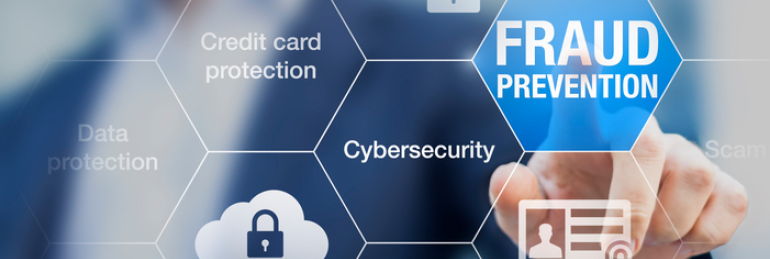Protecting yourself from scammers

Fraudsters are getting smarter but there are many ways you can protect yourself. Here are some simple tips to keep yourself, and your hard-earned money, safe and secure.
In today’s low interest rate environment, more people are looking beyond their high street banks to outpace inflation and gain a real return for their money.
This increase in inexperienced investors has unfortunately opened the doors to sophisticated scammers.
Whilst investment scams can differ widely almost all schemes will promise above average returns with little to no risk.
“If it’s too good to be true, it probably is” should be your mantra when looking at any investment. All investment comes with risk and with that in mind here are some of the red flags that you would be wise to look out for;
Unsolicited offers out of the blue – whether it’s by email, cold call or post – from a company you haven’t heard of.
Promises of extraordinary profits with little or no risk – If so, why are they approaching you and not a professional investment house?
A focus on the number of people investing in the product rather than the product itself –Ponzi schemes thrive on a critical mass of victims.
Pressure to invest quickly or you will miss out – take the time to research the company and investment first.
How can you tell if an investment is legitimate? Scammers are more sophisticated than ever, but here are some simple steps to help you protect yourself;
Avoid cold callers.
Quickly check if a firm or individual is authorised with this handy quiz by the UK’s financial regulator, the Financial Conduct Authority (FCA); https://www.fca.org.uk/scamsmart
Seek professional financial advice from an FCA regulated firm
There is no such thing as return without risk, whether you invest into property, equities or even hold cash in a bank. What is vital is that the level of risk taken is appropriate for your circumstances and requirements.
This is where advice from a qualified and legitimate financial planner can really help.
If you would like to learn more about how you can protect yourself online, see our helpful infographic by clicking here.
